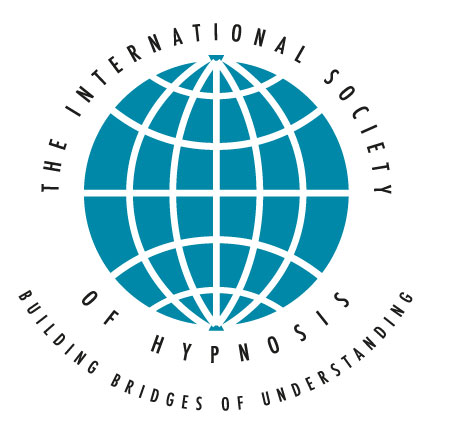Notes from the President
Claude Virot PhD
June 2017
Yesterday, I was reviewing a paper for possible publication in the Webjournal Hypnokairos (hypnokairos.com) chaired by our board member Franck GardenBrèche (who is President of the constituent societies of ISH). In this paper, the author presents a psychotherapeutic technique inspired by the work of Carl Jung, and illustrated the hypnotic dimensions of this technique. The author stated that it would be interesting for all hypnotherapists to learn and use this technique. However, although the technique included some aspects of dissociation, I did not view it as a hypnotic technique. I therefore recommended that the paper not be published in a hypnosis journal so as to avoid confusion. But as I considered this paper, it made me again ask myself: What is hypnosis?
We can observe dissociative experiences every day. As I am writing right now, I am looking out of the window at the wonderful landscape – the seaside and the sunrise. It is a kind of dissociation; a spontaneous dissociation. But I cannot say that I am hypnotized. Sometimes, I look at my computer screen, sometimes, I look at the landscape. My mind moves moving from one experience to another. But hypnosis is a special state or process that is intentionally elicited by another person (usually, a clinician) who seeks to create an ongoing level of dissociation, while at the same time nurturing associations between parts the patient’s mind that would be useful to the patient at this moment in time. And we know that this hypnotic dissociation is an efficient to facilitate changes.
Currently, I am very interested in the effects of hypnosis on the body and body functions. Especially since an experience I had 3 or 4 years ago with a patient who was able to use hypnosis to dilate the vessels of her hand by focusing on the idea that a river’s current is becoming stronger and stronger. Even though we have known for over two centuries that these ideo-dynamic processes can occur, and even though I have observed them for 30 years in my practice of psychiatrist, the ability of the mind to control bodily functions and process continues to impress me. We teach in my institute (Emergences) this technique to anesthesiologists, midwifes, and nurses with the goal of helping patients when it is difficult to place an IV. This was the case with this woman in my office. She needed a surgery but was terrified by the IV drips. With a little training, she leaned to successfully dilate her own vessels with auto-hypnosis whenever it was necessary during her next planned hospitalization and even beyond. (I will show a video of an interview of this woman in the European Congress of Manchester in August of this year).
We are beginning a research project now to demonstrate that it is possible to use mental resources to dilate vessels, and to show how it is possible to use hypnosis to facilitate this process.
Just imagine how it would be possible to change the practice of medicine as we learn (and demonstrate with research) even more about how to activate the mind in order to modify the body. For example, how we might be able to use hypnosis with a patient who is at high risk for having a heart attack (or even just after a heart attack). Not only would hypnosis be helpful to help him or her feel more relaxed and calm, but we might be able to use hypnosis to actively influence activity in the heart vessels. Or we Letter from the President 2017, Volume 41, No. 2. 2 might be able to effectively use hypnosis to help a patient following an acute traumatic brain injury, or who is having internal bleeding after a trauma or internal hemorrhage. I do not know exactly what is possible, and I do not know if there are today any medical teams using hypnosis for these purposes. If you do know of such experiments which have examined or are examining how hypnosis can be used to influence the functioning of the body with hypnosis (i.e., not just to change emotions or feelings), please contact me. In August 2018, during the World Congress of Hypnosis of ISH in Montreal, we will organize a meeting with researchers and clinicians and I am sure that these kind of projects will be on the table for discussion. Hypnosis is the future of medicine!
Warmest regards,
Claude VIROT
President of the International Society of Hypnosis
